Making financial services meet the needs of the world’s most vulnerable
People living in poverty constantly juggle an evolving set of risks and crises in their daily lives. Climate change, the pandemic, and the ongoing food crisis, among others, have increased these risks substantially, contributing to a rise in global poverty and inequality. Meanwhile, a third of the world’s adult population lacks the financial services they could use to significantly improve their lives. CGAP is working to change this, and we believe that positive trends in inclusive finance offer hope for a green, resilient, and inclusive future.
This paper summarizes nearly two decades of learning to help practitioners realize the social and business case for financially including young women. It presents customized strategies covering product design, delivery, financial capability building, and social intermediation to address the needs of different segments in this diverse and critical client group.
Building on decades of global and country knowledge, this Responsible Digital Finance Ecosystem (RDFE) conceptual framework seeks to encourage financial sector authorities, and other key ecosystem actors, to boost financial consumer protection in the digital era with a holistic vision of the ecosystem.
Gender data is key for unlocking the potential of financial inclusion. This report explores the ways supply-side gender-disaggregated data (S-GDD) is being used to inform financial policies and strategies that seek to intentionally apply a gender lens.
Inclusive finance can bolster resilience and unlock opportunities for low-income people in fragile countries. CGAP identifies three levers of change for funders: leveraging humanitarian cash transfers, understanding informal financial services, and improving local market facilitation.
Featured Topics
An inclusive financial system empowers vulnerable people to pursue their own climate resilience strategies, making it an absolute necessity for a just transition.
Emerging evidence shows that data trails generated by poor people can be harnessed for developing inclusive financial services. Learn what CGAP is doing to unlock how data can be leveraged to catalyze financial services that reach poor and underserved people at scale and in a responsible manner.
Rural women face disproportionate threats from climate stresses and shocks compared to men.







